Stephen Doster
-
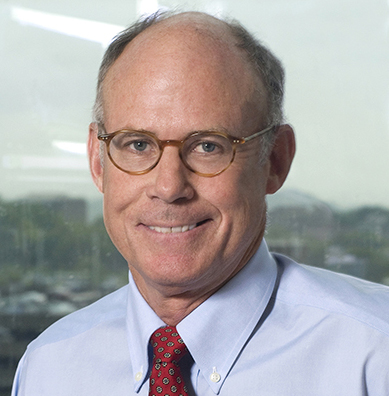
Possible COVID-19 “decoy”
Oct. 15, 2020, 10:00 AM by Bill Snyder The novel coronavirus, SARS-CoV-2, must bind to the cell surface receptor ACE2 to enter cells and cause infection. Recently a preclinical study by an international research team found that the presence of a recombinant soluble form of human ACE2 reduced viral growth and inhibited infection. This raises… Read MoreOct. 15, 2020
-
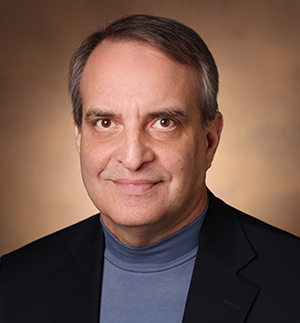
Factor involved in stomach injury response identified
Oct. 15, 2020, 9:09 AM by Bill Snyder Researchers at Vanderbilt University Medical Center have identified a key factor that coordinates the body’s repair response to severe injury in the stomach caused, most commonly, by infection by the bacterium Helicobacter pylori. Coordinating repair is a type of white blood cell… Read MoreOct. 15, 2020
-
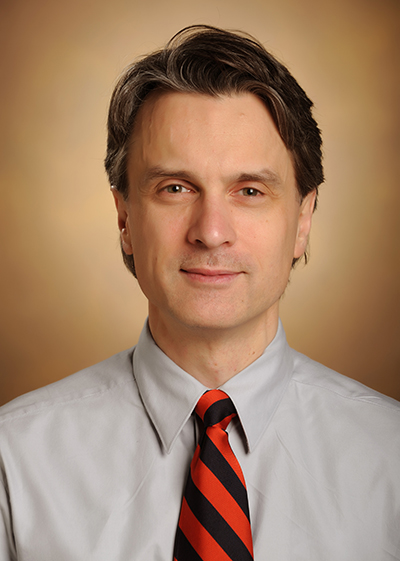
Brain blood vessel response to hypoxia
Oct. 15, 2020, 9:00 AM by Leigh MacMillan Chronic hypoxia (low oxygen) in the brain promotes neurovascular angiogenesis — growth of new blood vessels — and remodeling, but the cell types and molecular pathways involved are not completely understood. Volker Haase, MD, and… Read MoreOct. 15, 2020
-
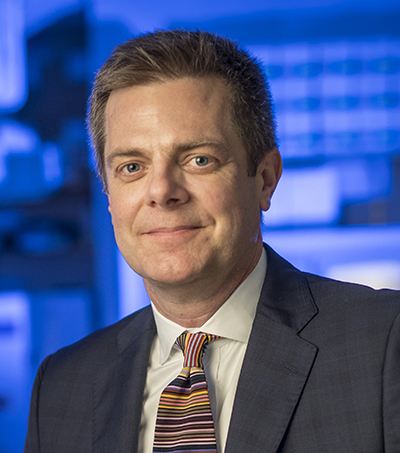
COVID-19 long-acting antibodies discovered by Vanderbilt University Medical Center move to phase 3 clinical trials
Oct. 13, 2020, 1:44 PM by Bill Snyder AstraZeneca is advancing into phase 3 clinical trials with an investigational COVID-19 therapy of two long-acting antibodies discovered by Vanderbilt University Medical Center and optimized by AstraZeneca. On Oct. 9, AstraZeneca announced it received support from the U.S. government for the development… Read MoreOct. 15, 2020
-
Team’s sustained work in T-cell immune response awarded P01 grant totaling $11 million
For more than a decade Matt Lang and collaborators across the U.S. have worked to recreate key components of T-cells and how they know when to start fighting disease. Conventional wisdom suggested that T-cells formed regular, force-free bonds with infected cells, and in doing so caused the chain reaction of… Read MoreOct. 13, 2020
-
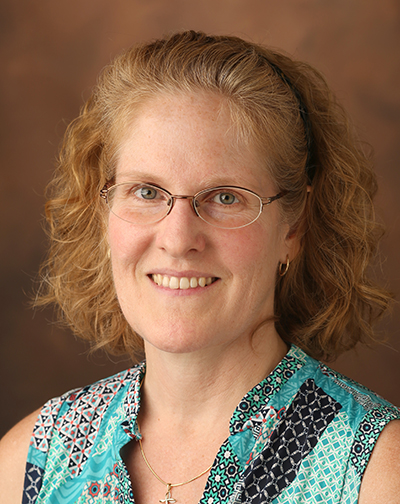
Researchers create molecular ‘atlas’ of GI tract neurons
Oct. 8, 2020, 10:28 AM Michelle Southard-Smith, PhD, Aaron May-Zhang, PhD, and colleagues have created a molecular ‘atlas’ of genes expressed by the neuronal cells within the intestine that coordinate the functions of the gastrointestinal (GI) tract. (photo by Susan Urmy) by Bill Snyder Researchers at Vanderbilt University Medical Center… Read MoreOct. 9, 2020
-
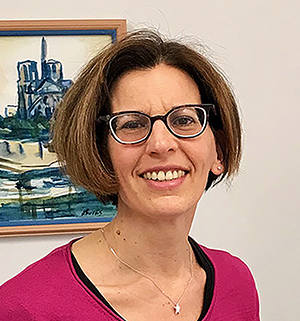
NSF seed grant supports biomanufacturing of new drug delivery technologies
Vanderbilt researchers awarded one of NSF’s 24 new projects to drive future manufacturing One of the challenges of drug delivery systems is to optimize their targeting properties so therapeutic compounds used in smaller amounts reach only a specific area of the body and result in little or no side effects. Read MoreOct. 8, 2020
-
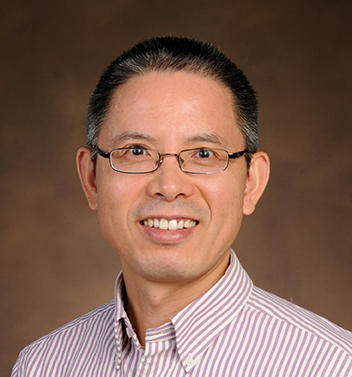
Vanderbilt researchers develop publicly available COVID-19 animal susceptibility prediction tool
by Marissa Shapiro Oct. 6, 2020, 9:00 AM A Vanderbilt team of experts in virology, genetics, structural biology, chemistry, physiology, medicine, immunology and pharmacology have together developed technology to understand and predict animal susceptibility to SARS-CoV-2, the scientific name for the strain of coronavirus… Read MoreOct. 8, 2020
-
Clue to diabetic kidney disease
Oct. 5, 2020, 8:00 AM by Sarah Glass Diabetic patients can develop kidney disease since high levels of glucose damage blood vessels, prompting accumulation of scarred tissue with reduced kidney function. Recent studies have suggested that progressive interstitial fibrosis in the renal proximal tubule is an important mediator in the… Read MoreOct. 8, 2020
-

A visiting scholar’s experience with the lockdown in Nashville
By Naotoshi Nakamura Dr. Nakamura, a Specially Appointed Associate Professor at the Center for Mathematical Modeling and Data Science, Osaka University, was a visiting scholar in the Vito Quaranta lab and has since become a long-distance participant in discussions and lab meetings. Nakamura has also been appointed as… Read MoreOct. 7, 2020